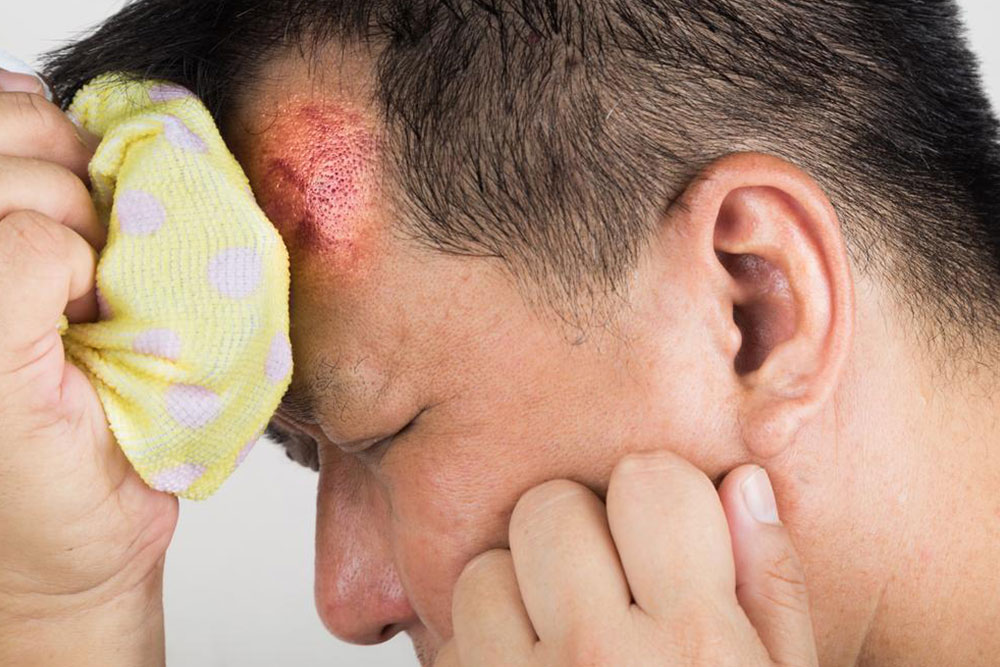Comprehensive Guide to Dementia and Alzheimer’s Disease: Symptoms, Diagnosis, and Treatment
This comprehensive guide offers in-depth insights into dementia and Alzheimer’s disease, highlighting their differences, symptoms, diagnosis, and treatment options. Early recognition and management are emphasized to improve patient outcomes. Learn about the behavioral signs, progression, and therapeutic strategies for these neurodegenerative conditions to better understand and support affected individuals.

Understanding Dementia and Alzheimer’s Disease
In the realm of cognitive health, many individuals often confuse dementia with Alzheimer’s disease, assuming they are interchangeable. However, these terms refer to different, albeit related, conditions. Dementia is a broad clinical syndrome characterized by a decline in mental functions such as memory, reasoning, language, and problem-solving skills. It encompasses a variety of disorders, each with unique features and underlying causes. Alzheimer’s disease, by contrast, is a specific neurodegenerative disorder and the leading cause of dementia worldwide. Recognizing the differences between these conditions is crucial for proper diagnosis, treatment, and management.
Dementia includes a range of conditions such as Parkinson’s disease, vascular dementia, Lewy Body dementia, and frontotemporal dementia. Among these, Alzheimer’s accounts for approximately 60% to 80% of dementia cases, making it the most prevalent form. The symptoms of all dementia types often overlap, including memory impairment, emotional instability, and a decline in motivation and social skills. Early detection of these symptoms can significantly impact the quality of life by promptly initiating treatment and support strategies.
Recognizing the Signs and Symptoms of Dementia
Memory Loss: Forgetting recent conversations, events, or personal information; difficulties recalling familiar names or places.
Mood Fluctuations: Experiencing sudden bouts of depression, anxiety, or irritability without apparent reason.
Reduced Focus: Struggling to concentrate on tasks, losing interest in previously enjoyed activities, or feeling easily distracted.
Impaired Judgment: Making poor decisions, such as neglecting personal safety or financial management.
Neglect of Personal Hygiene: Forgetting to bathe, dress appropriately, or maintain cleanliness, leading to decline in personal appearance.
Repeated Questions: Frequently asking the same questions due to memory lapses or confusion, which can be frustrating for caregivers.
These early signs can be subtle but tend to escalate over time, resulting in increased dependence on family or professional caregivers. Recognizing these symptoms early allows for timely intervention and improved management of the condition.
Deep Dive into Alzheimer’s Disease
Alzheimer’s disease is a progressive neurodegenerative disorder characterized by the gradual deterioration of brain cells, leading to severe cognitive decline and personality changes. It primarily affects individuals over the age of 60, although early-onset cases can occur. The hallmark of Alzheimer’s is memory loss that worsens over time, along with confusion, difficulty performing familiar daily tasks, and behavioral issues such as agitation, aggression, and withdrawal. As the disease advances, individuals often become unaware of their surroundings, forget personal details, and require extensive assistance with basic self-care.
While Alzheimer’s is the most common form of dementia, other disorders like Lewy Body dementia exhibit overlapping symptoms such as hallucinations, fluctuating cognition, and motor difficulties. Differentiating these conditions through careful medical assessment is essential for devising effective treatment plans.
Approaches to Treatment for Dementia and Alzheimer’s Disease
Currently, there is no cure for dementia or Alzheimer’s disease. However, various medications and therapeutic strategies can manage symptoms and slow disease progression. For Alzheimer’s, drugs such as cholinesterase inhibitors (donepezil, rivastigmine) and memantine are prescribed to enhance cognitive functions and improve quality of life. These medications can help maintain mental abilities and delay the onset of severe symptoms when used early.
In addition to pharmacotherapy, lifestyle modifications play a vital role in managing these conditions. Engaging in mental exercises, maintaining a balanced diet rich in antioxidants, physical activity, and social interaction can support brain health and potentially slow cognitive decline.
For other dementia types, environmental modifications like removing tripping hazards, establishing routines, providing familiar surroundings, and using assistive devices can help preserve independence and safety. Psychosocial interventions, including psychotherapy and behavioral therapy, are effective in managing behavioral and psychological symptoms such as agitation, depression, and anxiety.
Increased awareness, early diagnosis, and ongoing research are pivotal for developing better treatments and ultimately finding cures. Collaborative efforts among healthcare providers, caregivers, and patients are essential in creating comprehensive care strategies tailored to individual needs.





